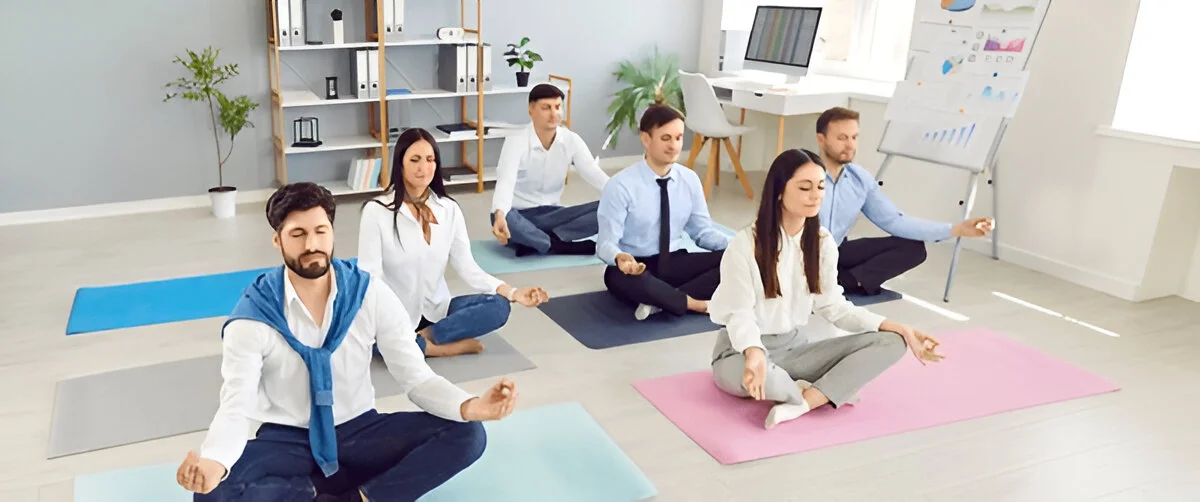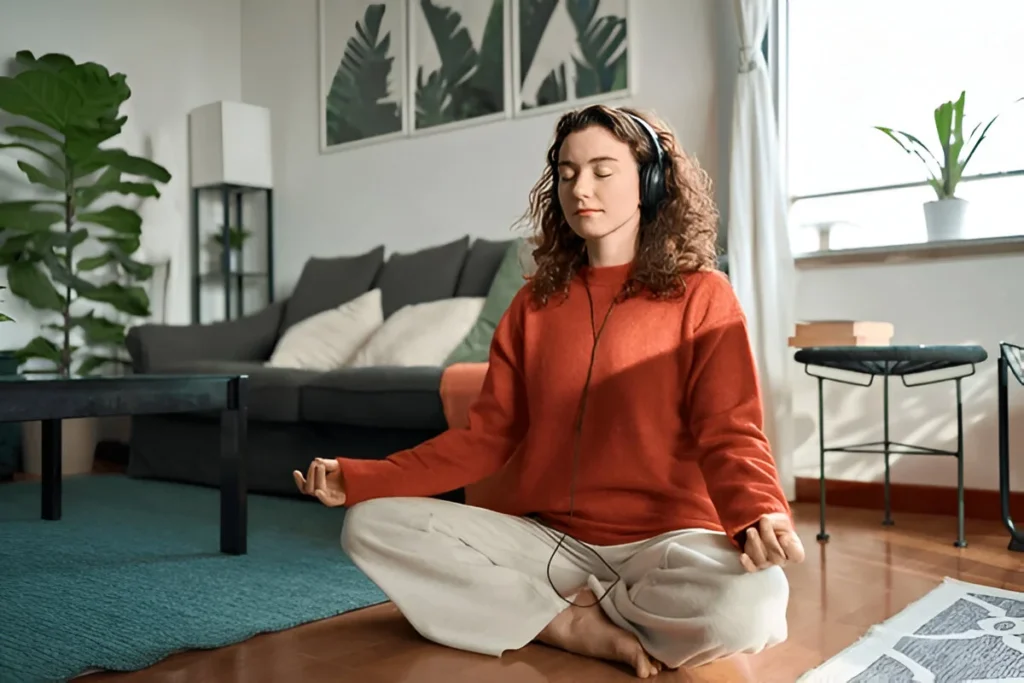-
129, Block-A Bangur Avenue, Mousumi Appartment, Kolkata 700055
129, Block-A Bangur Avenue, Mousumi Appartment, Kolkata 700055

Learn why mental health breaks improve productivity and how insights from the Best psychological counselor in Kolkata highlight the importance of mindful pauses at work.
In today’s fast-paced world, productivity is often measured by how much you can accomplish in the shortest time possible. However, our minds aren’t machines. When overloaded, they respond with stress, fatigue, and burnout. This is where mental health breaks step in—not as interruptions, but as essential tools that refuel the brain and improve efficiency.

Short, intentional breaks are scientifically proven to enhance focus, creativity, and emotional stability. Think of them as a reset button for your brain. By stepping away from constant tasks, you give your mind the space it needs to process information, recharge energy, and return stronger.
Studies in neuroscience show that the brain works in cycles of intense focus followed by natural dips in attention. Without rest, stress hormones rise, memory weakens, and problem-solving ability declines. Mental health breaks reduce this cognitive load, allowing you to:
If you’re wondering whether it’s time to step back, watch for these signals:
Not all breaks look the same. The key is to choose one that suits your needs:
When workplaces encourage breaks, employees not only work better individually but also collaborate more effectively. Benefits include:
You don’t need long vacations to feel refreshed. Small, consistent steps make a big difference:
Over time, prioritizing breaks does more than just improve daily output. It helps prevent chronic stress, supports better sleep, enhances emotional intelligence, and builds long-term resilience. Many experts, including every reputed counselor, emphasize that these practices create not just productive employees, but healthier, happier individuals.

Q1. How often should I take mental health breaks at work?
Ideally, small breaks every hour and at least one longer break during the day.
Q2. Can short breaks really improve productivity?
Yes. Even two minutes of stretching or breathing can refresh your mind.
Q3. Do mental health breaks mean I’m less committed to my job?
Not at all. Taking breaks shows you value sustainable productivity, not short bursts of exhaustion.
Q4. What’s the difference between a distraction and a break?
A break is intentional and rejuvenating; distractions drain focus without restoring energy.
Q5. Are mental health breaks useful for students too?
Absolutely. Pauses while studying help improve retention, reduce stress, and avoid burnout.
Mental health breaks are not luxuries—they are essential investments in focus, balance, and creativity. By learning to pause, we sharpen our productivity and safeguard our emotional well-being. The healthiest minds are not those that work non-stop but those that know when to step back and recharge.